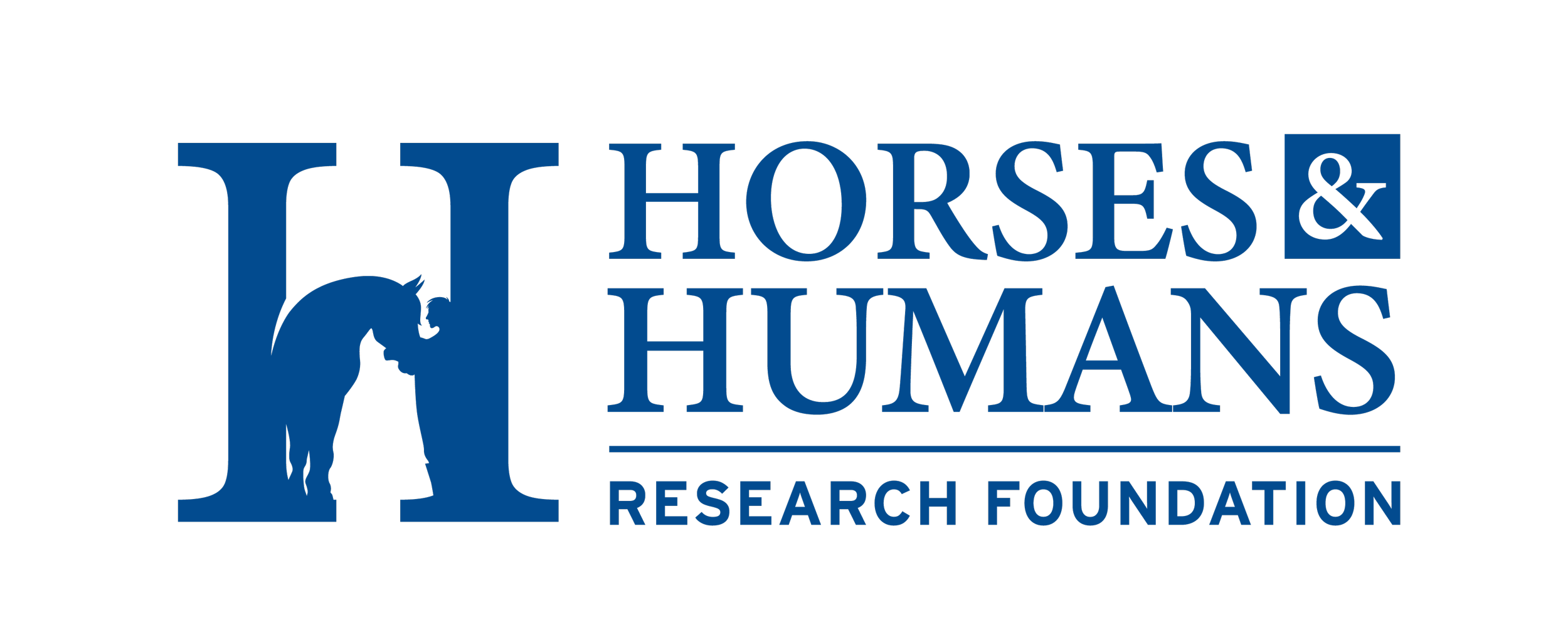Your support has made still more research possible! In 2017 we have seen 4 new published articles related to research funded by YOUR contributions. In addition another research project was completed and findings were announced. Research results are truly advancing this field. Thank you. YOUR role in research is more important than you might imagine.
Image courtesy Slippery Rock University
- February, 2017 - New research findings - "Can horses distinguish between neurotypical and mentally traumatized humans?" Link to report. PI: Katrina Merkies, University of Guelph.
- April 2017 - Published in Journal of Child and Family Studies – “Effects of Equine-Facilitated Psychotherapy on Post-Traumatic Stress Symptoms in Youth.” Link to abstract. Related to HHRF-funded project “Effects of Equine Facilitated Psychotherapy on Post-Traumatic Stress Symptoms in Male Youth” from P.I. Megan K. Mueller, Ph.D. in 2013.
- June 2017 – Published in Occupational Therapy and Mental Health – “Using Therapeutic Riding as an Intervention for Combat Veterans: An International Classification of Functioning, Disability, and Health Approach.” Link to abstract. Related to HHRF-funded project “Examination of the Effects of Equine Assisted Activities on PTSD Symptoms, Quality of Life and Participation in Combat Veterans” from P.I. Beth A. Lanning in 2014.
- August 2017 – Published in Applied Nursing Research – “Equine-assisted therapy intervention studies targeting physical symptoms in adults: A systematic review.” Link to abstract. Related to HHRF-funded study “Effects of Equine Assisted Activities on PTSD Symptoms, Coping Self-efficacy, Emotion Regulation and Social Engagement in Military Veterans” from P.I. Rebecca A. Johnson in 2012.
- October 2017 – Published in Journal of Equine Veterinary Science - "Horses Working in Therapeutic Riding Programs: Cortisol, Adrenocorticotropic Hormone, Glucose, and Behavior Stress Indicators.” Link to abstract. Conducted in tandem with HHRF-funded study “Effects of therapeutic horseback riding on post-traumatic stress disorder in military veterans” from P.I. Rebecca A. Johnson in 2012.
Read a listing of all of HHRF’s funded research, including the projects referenced above, here.




